14 Difference Between Overhead and Underground Cables
Sr. No.Overhead CableUnderground Cable1It carries a higher risk.It's more secured.2It's simple to identify a problem.In…
Insulator | Types of Insulators | Engineeringa2z
Insulators An electrical insulator is a substance that prevents electric current from flowing freely. The…
Chopper | Types of Chopper | Applications of Chopper
Chopper Chopper is a device which convert fix DC into variable DC. In a chopper…
SCR | Silicon Controlled Rectifier
SCR Definition SCR is a four layer 3 terminal PNPN OR NPNP device it combine…
Transformer | Construction, Working Principle | Advantages & Disadvantages
Transformer The transformer in the simplest way can be described as a thing that steps…
Fundamentals of Electric Circuits Solutions 6th Edition PDF
Electric Circuit Fundamentals pdf You may also like Fundamentals of Electric CircuitsDownload Download Book PDF…
What is Solar Cell or Photovoltaic Cell
Solar Cell A semiconductor device that converts the energy of "Sunlight into electricity" is called…
Fuse | Types of Fuse | Advantages & Disadvantages of fuse
What is Fuse In normal working condition of electrical network, the electric current flows through…
What is Thermocouple | Construction & Working Principle
Thermocouple A thermocouple is the junction of two dissimilar metals. It is used to measure…
Cathode Ray Oscilloscope (CRO) Construction & Working Principle
Introduction of Cathode Ray Oscilloscope CRO stands for Cathode Ray Oscilloscope. It is very useful…
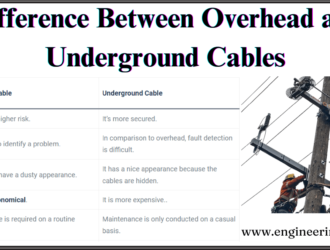
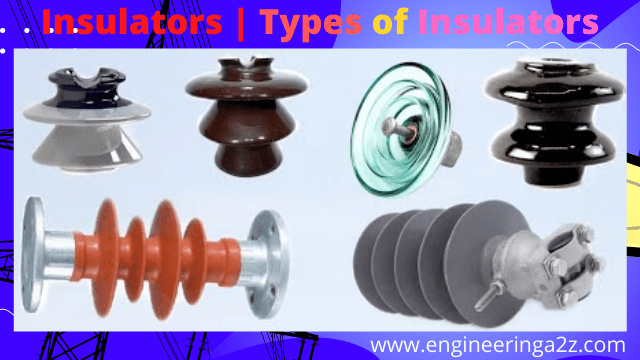
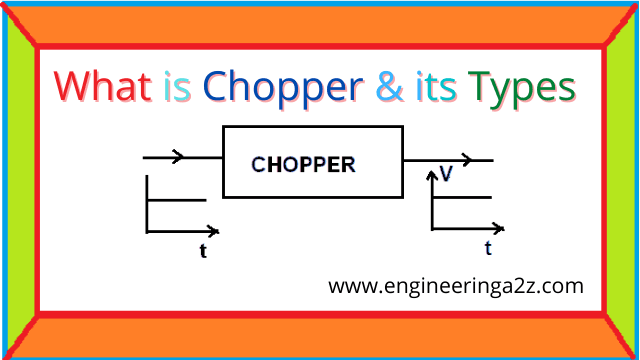
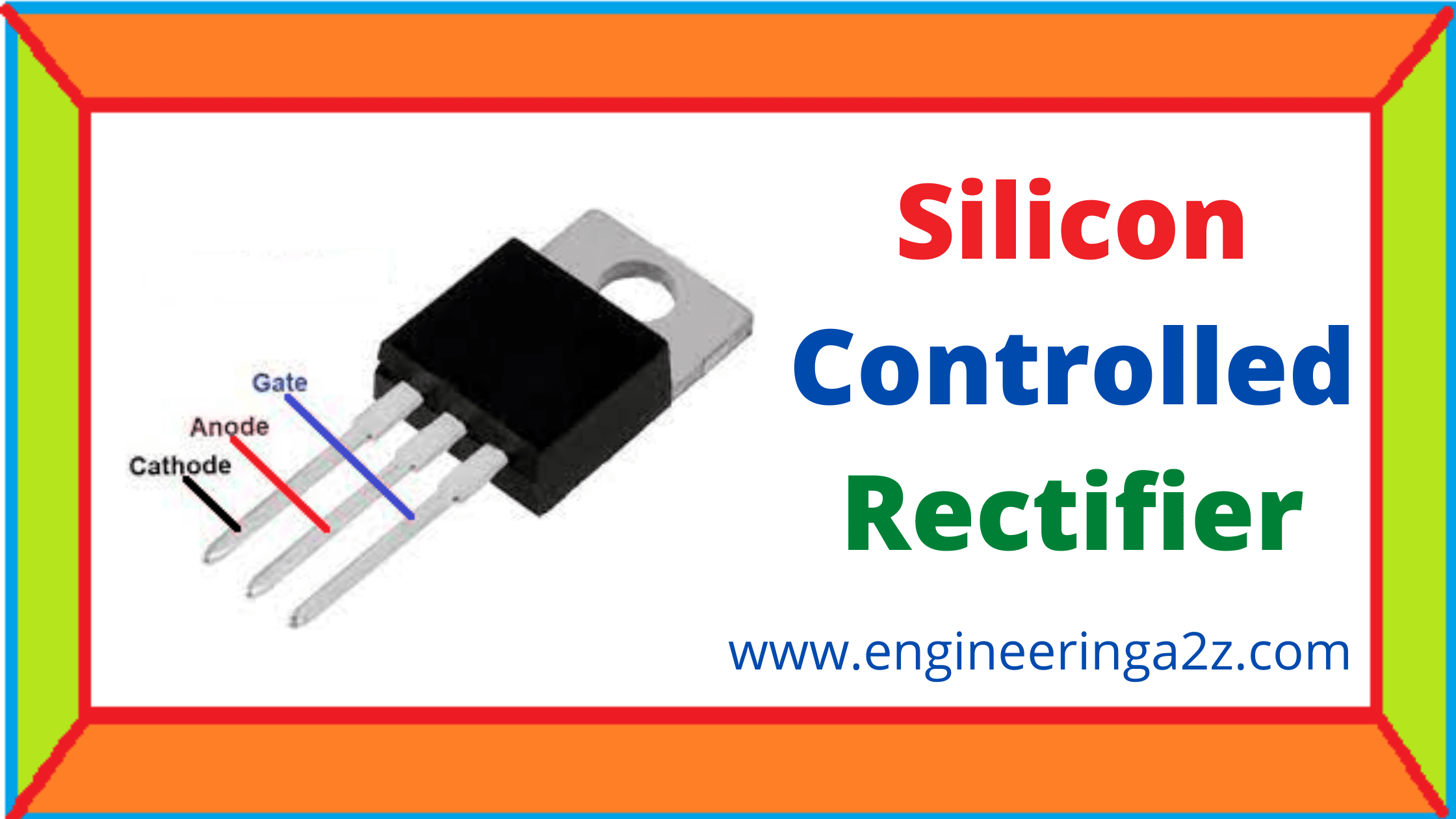
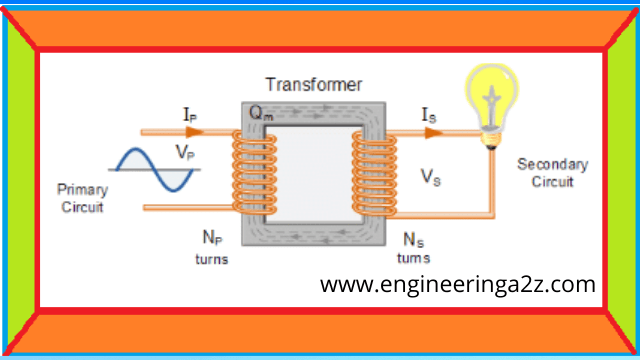
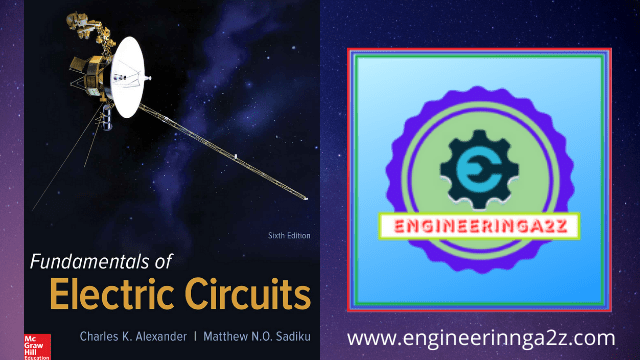
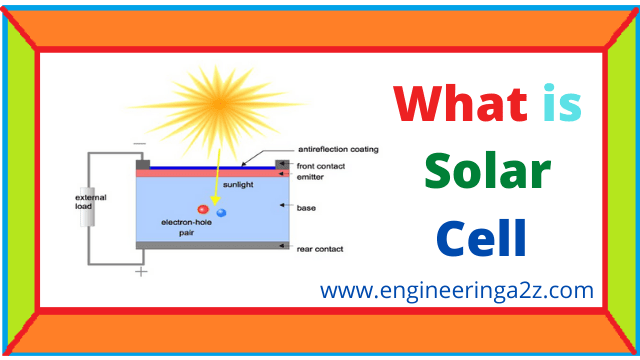

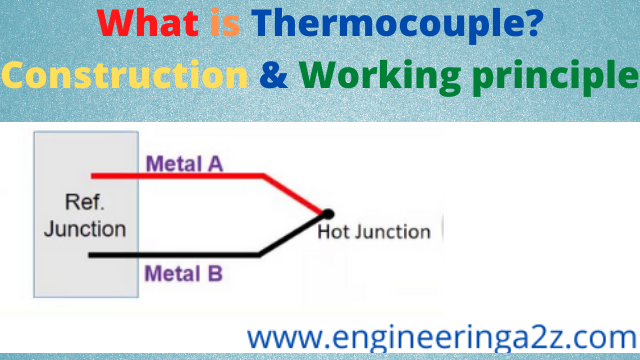
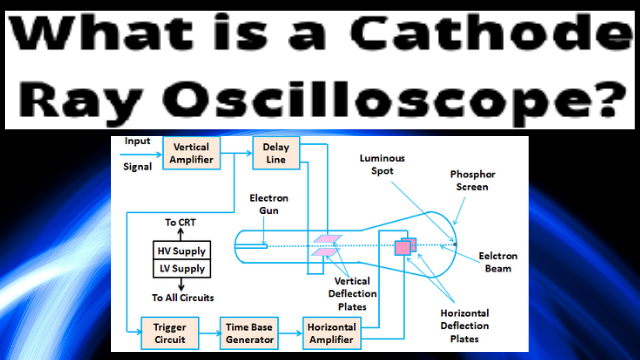










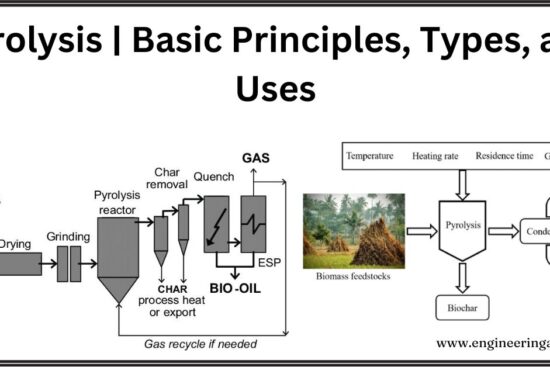
Comments